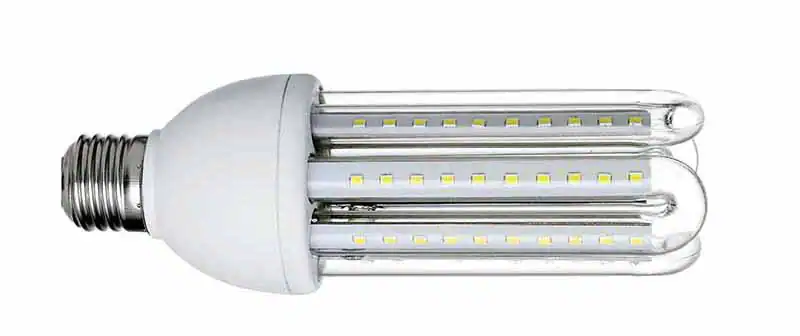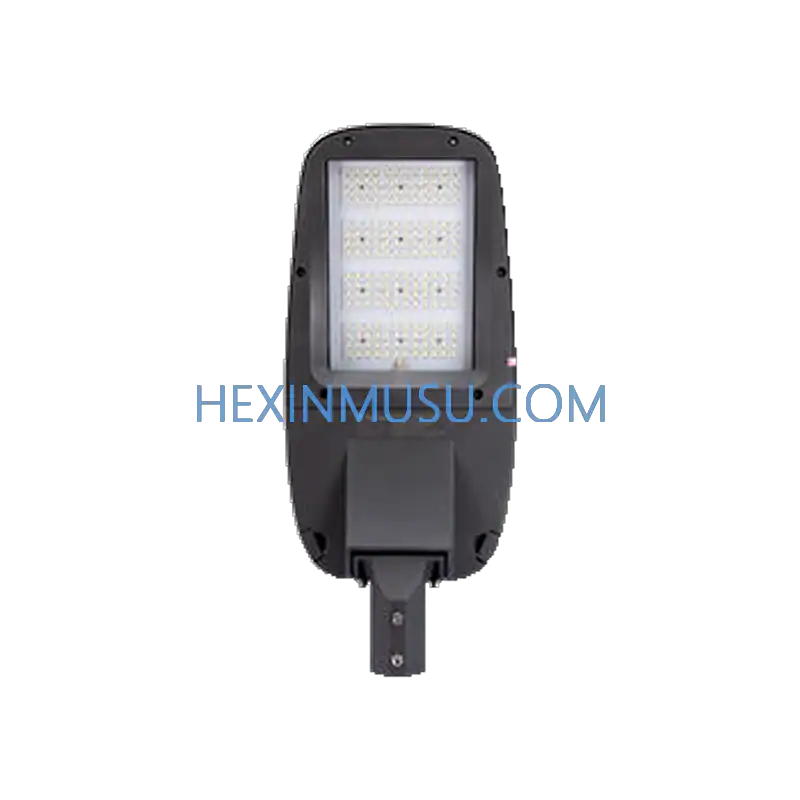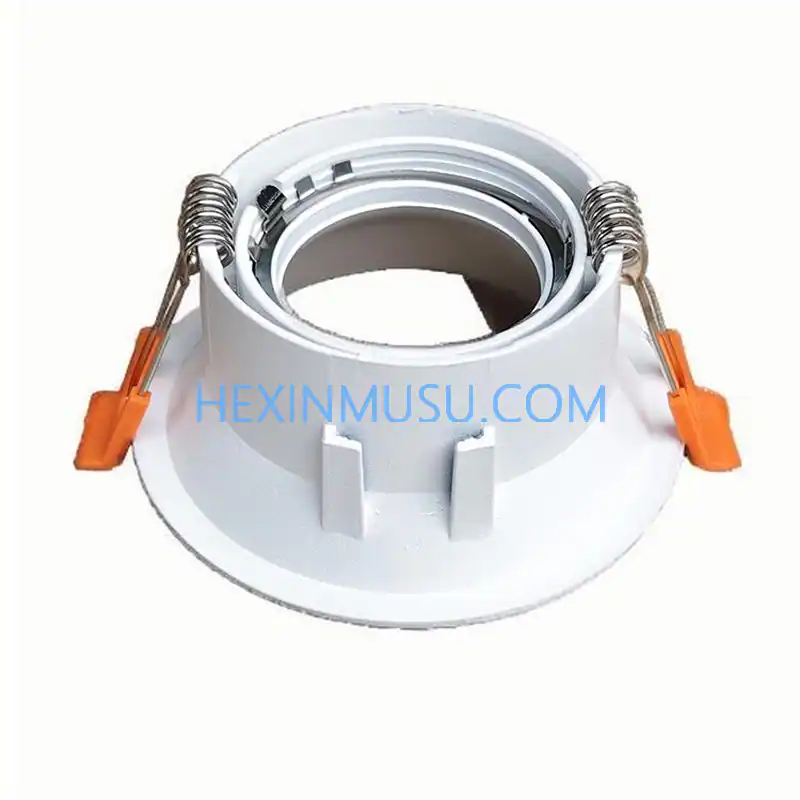LED light structure
Date: 2024-11-13 Categories: Blog Views: 3516

What are LED lights?
LED (Light Emitting Diode) light is a light emitting diode, an electronic device that converts electrical energy into light energy.
How LED lights work
The operating principle of LED lights is based on the principle of light emission from semiconductor materials. When an electric current passes through a PN junction, positively injected electrons and holes located in the active layer of the PN junction compound to release energy. This energy is emitted in the form of light. In semiconductors, they release excess energy through carrier complexes, resulting in the emission of photons that directly emit red, yellow, blue, and green light. Based on this, any color of light can be emitted by adding phosphors using the trichromatic principle. Depending on the material and material structure, LED lights may emit different colors, brightness and power. Commonly used in wall lights The street lamps and other areas.
LED Light Components
Light source (lamp beads)
| Chip. | LED (Light Emitting Diode) chip is a solid semiconductor device. It can directly convert electricity into light LED heart. It is a semiconductor chip. One end of the chip is attached to the holder. One is the negative pole, and the other is connected to the positive pole of electricity, so that the whole chip is fashioned by epoxy resin (common brands: Taiwan PinYuan, Korea Samsung LG, Seoul, etc.) |
| Silicone. | si1iconeresin, a resin that cures with heat and forms a three-dimensional mesh, consisting of siloxane structural units. |
| Bracket. | LED bracket, LED lamp beads in the base before packaging, in the base of the LED bracket, fixed chip week, welding positive and negative power supply, and then sealed with packaging adhesive molding.LED bracket is generally made of copper (iron, aluminum, ceramics, etc.), the bracket process: stamping electroplating injection molding everything packaging |
| GOLDEN LINE. | LED health alloy wire is bonded by Au purity over 99.99%, including trace Ag/Cu/Si/Ca/Mg and other trace elements. Currently there are 1ED bonding alloy wires in the market, with different diameters of 16u-50um, generally 500m per length.There are also 1000y gold wires per roll in the market (1u=1000m, 1mi1=25.4um, we use gold wires above 1mi1) |
| We commonly use lamp beads: | 3528(0.0625W/current 20MA/7-8LM), 3014(0.17/11-12LM), 2835/5050(0.2T/20-22LM), 5630(0.5W50-55LM) high power(1/110-120LM) Yellow: 1.8-2.5V Green and Blue: 2.7-4.0V White: 2.7-3.5V In general, the calculated value of 3.2V is 3.2V |
housings
aluminum plate
(Definition:Circuit layer (copper foil), insulation layer, base, insulating layer, circuit layer. Rarely used as a multilayer board, it can be combined with ordinary multilayer boards, insulating layers, and aluminum bases.
Process: 1. Printing (easy to breakdown) 2. Exposure (resistance to breakdown, high voltage, much better than exposure)
lit. scatter heat device
Aluminum: the market generally use aluminum 6063, its heat dissipation performance is good, easy processing
Heat dissipation area (heat dissipation area is proportional to the quality of the LED, but must be matched with the product design style and the product itself outside the light)
translucent panel
Plastic (pc).
Translucent PC material (different colors): Milk white:85%-90% Stripe:90%-95% Translucent:95%-99%
All PC new material (Teijin, Mitsubishi, Japan)
Special fireproof pc material
GLASS.
Better light transmission than PC, but fragile.
electric power source
Electrolytic capacitors: ruby is the best, followed by emerald
Power supply efficiency: power supply efficiency = power supply output power ÷ there is power (isolated high power supply efficiency is: 85-93%.
Non isolated power supply: 95% and above) Power factor (FF value) of the power supply: PF value = square of the existing power = square of the existing power - square of no power (our 95%-99%)
Look at the quality of the power supply: look at the capacitance, IC, efficiency, process, circuit boards



























